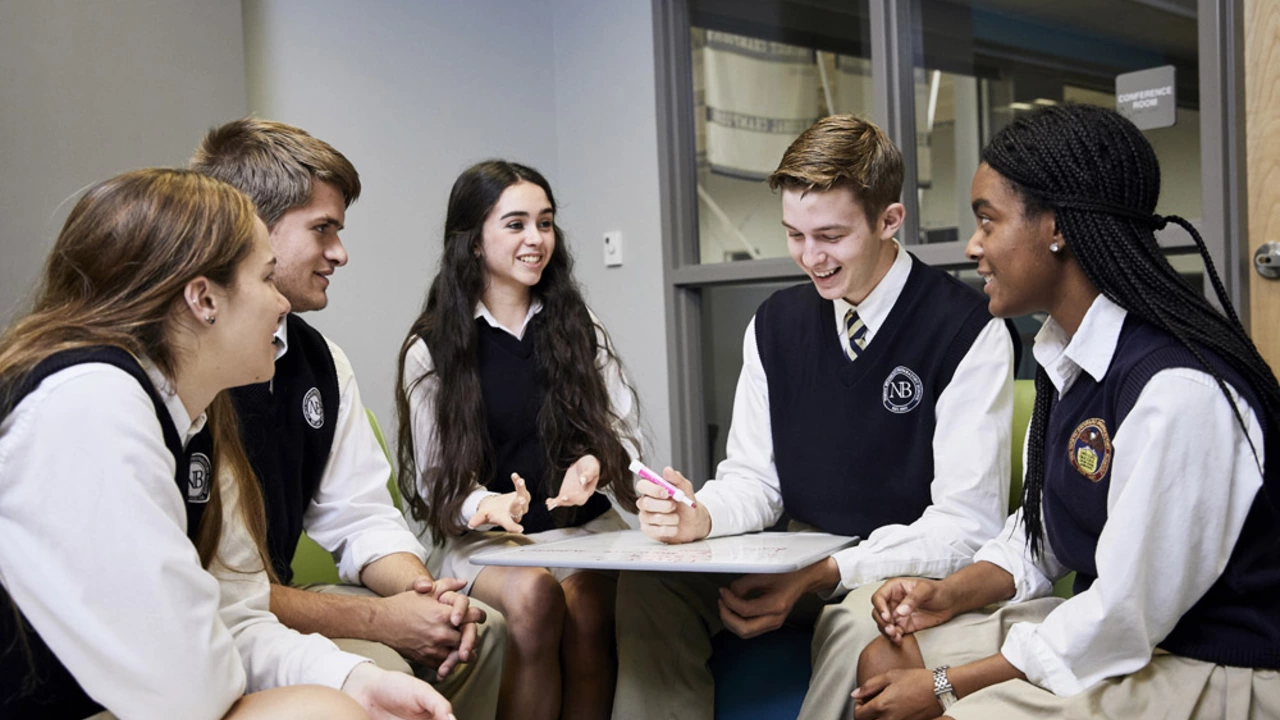Private Schools: What Parents Need to Know
Thinking about sending your child to a private school? You’re probably weighing the extra cost against the promise of smaller classes, better resources, and a different learning vibe. Below we break down the biggest questions – from price tags to payment plans and the teaching tricks that set private schools apart.
Financing Private School Education
Tuition can feel like a huge hurdle, but you have options beyond a simple cash outlay. Many families start with fee financing, a payment‑plan that spreads the bill over several months. Unlike a traditional education loan, fee financing often comes with lower interest or none at all, letting you keep cash flow steady.
If you need a bigger boost, banks do offer education loans specifically for private school fees. Look for lenders that advertise low rates for girls or zero‑percent offers – a growing trend aimed at encouraging gender equality in education. Compare the total interest, repayment period, and any hidden fees before you sign.
Some states also provide scholarship programs or tuition‑assist grants that don’t need repayment. It’s worth checking with the school’s financial aid office; they usually have a list of local partners.
Teaching Methods That Set Private Schools Apart
Private schools often ditch the “banking model” of education – the old style where teachers dump facts and students just memorize. Instead, you’ll see more project‑based learning, flipped classrooms, and personalized lesson plans. These approaches push kids to solve real problems, collaborate with peers, and take ownership of their learning.
Technology plays a big role, too. Interactive whiteboards, learning apps, and online resources give students instant access to a world of information. That digital boost not only makes lessons more engaging but also prepares kids for a tech‑driven future.
Because class sizes are smaller, teachers can tailor instruction to each student’s pace. If your child needs extra help with math or wants to dive deeper into art, a private school can usually re‑arrange the schedule or provide one‑on‑one tutoring without the bureaucracy you might find in public systems.
All these innovations aim to develop critical thinking, creativity, and communication – the skills employers rave about in the 21st‑century job market.
So, is a private school worth it? If the extra cost fits your budget and you value a learner‑centered environment, the answer is likely yes. Start by calculating the total tuition, explore fee financing or low‑interest loans, and ask the school about their teaching philosophy. With a clear financial plan and a solid understanding of the classroom experience, you’ll feel confident about the decision.
Are private schools really that much better than public schools?
In my exploration of whether private schools outshine public schools, it's evident that the answer isn't black and white. Private schools often boast smaller class sizes and more individual attention, but public schools offer a diverse environment and typically have a broader range of programs. The quality of education really depends on the specific school, not just its private or public status. Ultimately, the choice between public and private education should be based on what fits a child's individual needs and family expectations. After all, a good education is about more than just the type of school attended.
View More